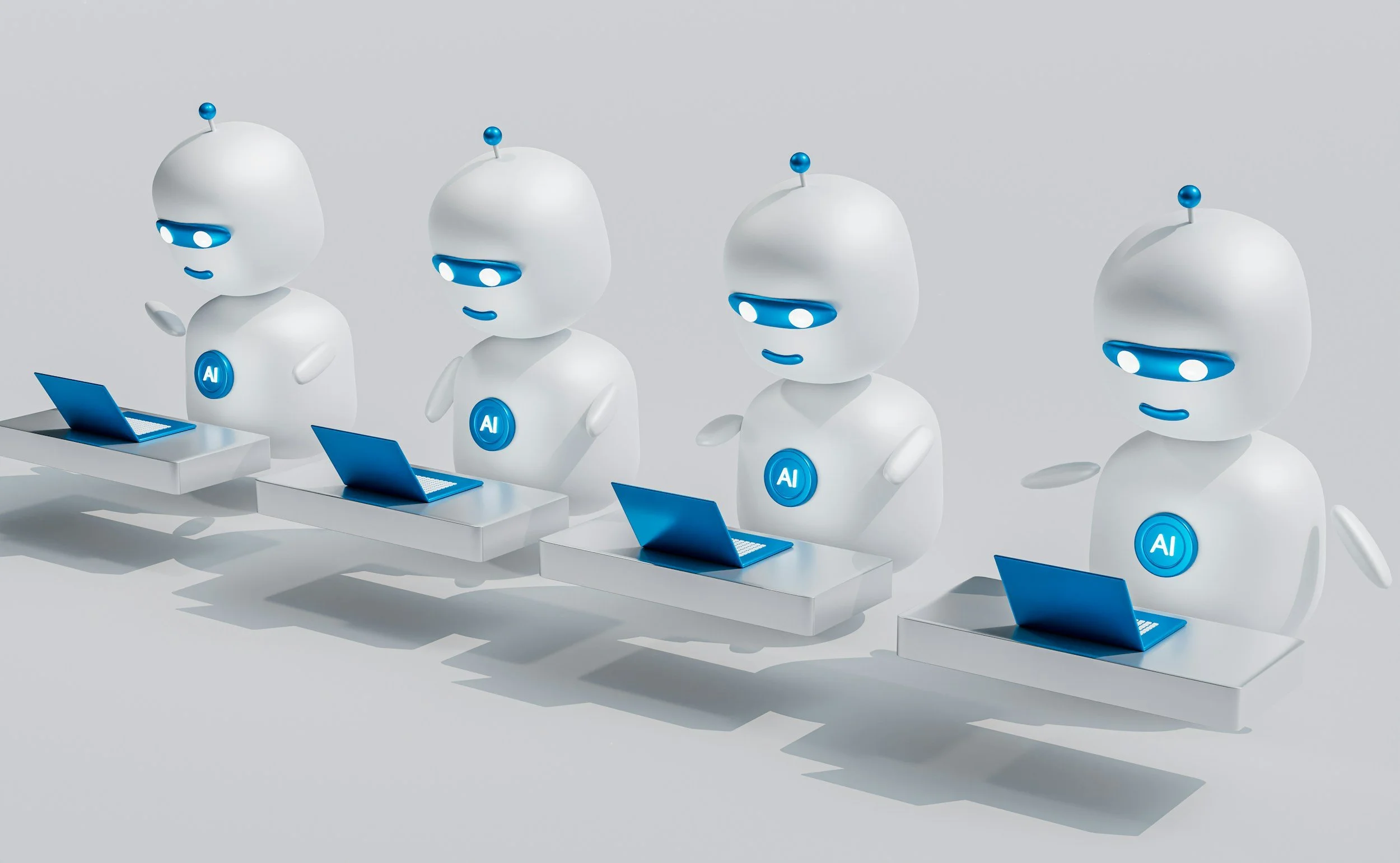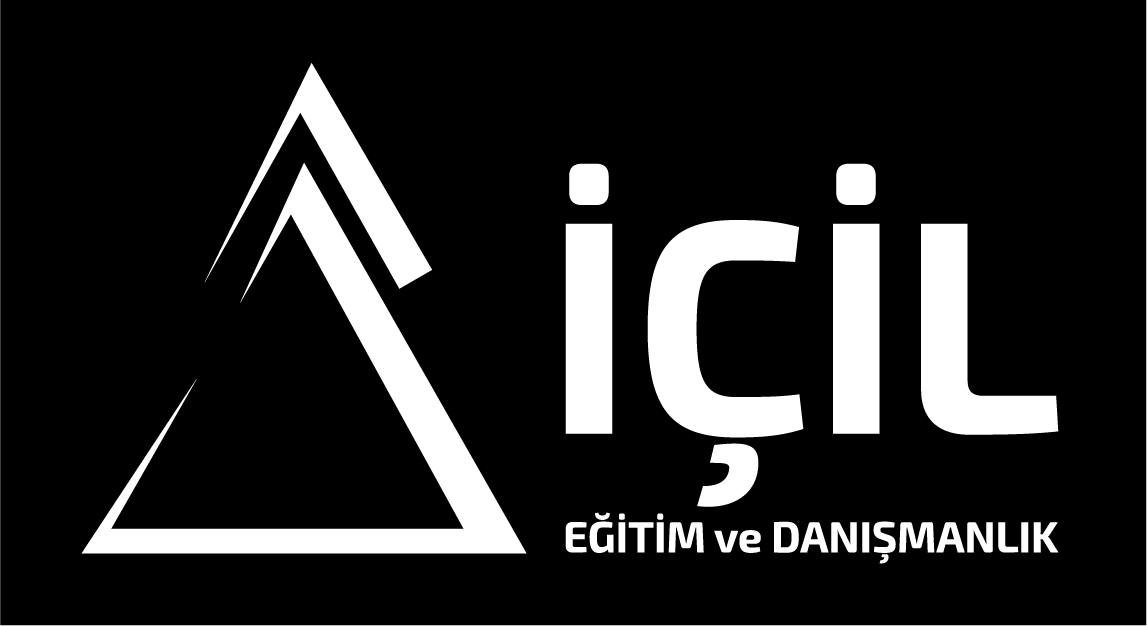
BLOG ARTICLES

Four Trends in E-Commerce Transformation
E-commerce is undergoing a quiet yet radical transformation. It is no longer just a sales channel; it has become a living ecosystem at the intersection of technology, data, and human psychology. 2025 marked a turning point in this shift. Storefronts moved into Instagram frames, checkout counters were replaced by predictive algorithms, and customer service representatives gave way to AI systems capable of natural language processing. As we enter 2026, e-commerce is experiencing a fundamental reinvention. Here are four key trends shaping this transformation.

Digital Literacy – The Most Valuable Competency of the Age of Transformation
We live in a time when digital transformation is no longer only at the center of “companies” agendas, but also of “individuals”. The ways we access, produce, and share information have multiplied like never before - yet this abundance has also created a new problem: How should we manage information? Which technologies should we use, and for what purpose? And how do we stay afloat amid this constant change? These are now the most critical questions of professional life. Precisely at this point, a concept that deserves far more attention comes into play: Digital Literacy.

Strategic Leadership in the Age of AI
In recent years, one concept has settled at the center of all strategy meetings in the business world: Artificial Intelligence. However, today the issue has gone beyond the question “How do we use AI?”. The real question now is: “How do we lead in an organization transformed by artificial intelligence?” This shift opens the door not only to new technologies but also to new management paradigms. From the CEO to the CFO, from the CHRO to the CTO, all C-suite executives must now redefine their roles. Because AI is reshaping not only operations but also decision-making processes, chains of responsibility, and organizational culture.

8 Technology Trends Shaping the Future: Insights from IFA Berlin 2025
The annual IFA trade show in Berlin is more than just a product launch stage. It serves as a showcase for the technologies that will shape our homes, workplaces, and even societies in the years ahead. This year, between September 5–9, 2025, hundreds of brands presented their latest innovations. Rather than focusing on individual devices, in this article we will take a step back to look at the bigger picture: the technology trends that define the future.
For consumers and businesses, these trends are not merely “nice to know.” Many of the innovations we see at home today will set tomorrow’s business standards. Here are the eight key technology trends highlighted at IFA Berlin 2025.

Agentic AI: Meet Your New Business Partner
When Generative AI entered our lives in late 2022, it impressed us with its ability to create content, perform data analysis, and generate visuals. But it had a major limitation: it could only respond to user prompts - it couldn’t take initiative on its own. That changed in 2024 with the rise of Agentic AI, introducing a brand-new paradigm in artificial intelligence. Unlike its predecessors, Agentic AI doesn’t just wait for commands - it can autonomously plan multi-step tasks, switch between tools to execute them, and adapt its actions based on feedback. Think of it not as a tool, but as a digital co-worker capable of driving outcomes - across platforms and systems.

Driving Sales with AI-Powered ChatBots
Customer expectations are evolving faster than ever. No one wants to wait on hold for minutes just to get information about a product. A visitor landing on your website makes a decision in mere seconds: they either buy or leave - and often never return. This is exactly where AI-powered digital sales assistants - also known as chatbots - are beginning to change the game for small and medium-sized businesses (SMBs).

The New Rules of Reputation Management in the Digital Age
Today, a brand’s digital reputation has become virtually synonymous with its overall public perception. Potential customers and business partners often form their first impressions through digital platforms. This makes it impossible to leave digital reputation to chance. Brands must now build and actively manage their digital reputation with a solid strategy.

Europe’s New AI Act and Its Implications for Turkey
In August 2024, the European Union enacted the Artificial Intelligence Act (EU AI Act), which will come into force in 2026. For technology companies, this is not just a new regulation - it represents a turning point that changes the rules of the game. Even before its implementation, the law has already created a broad impact both in the public and business spheres by being the first to clearly and bindingly define the boundaries of artificial intelligence. What makes this law even more significant is that it does not only apply within the borders of the European Union. On the contrary, it concerns all companies that offer digital products or services to the European market - regardless of their geographical location. For companies in countries like Turkey, which have strong trade ties with Europe, this represents both a warning and an opportunity.

From Remote Work to the Hybrid Model
As we all know, remote work became the dominant model in the business world during the pandemic, initially as a necessary solution. Many large and mid-sized companies embraced it, leveraging the capabilities of modern technology. Recently, however, calls for a return to the office have been gaining momentum. So why are some companies choosing to bring employees back to office? And just as importantly, how is this transition being managed - and what does the future of work look like?

5 Groundbreaking Innovations in the E-Commerce World
The e-commerce sector is undergoing a radical transformation driven by rapidly changing consumer habits and advancing technology. Cutting-edge solutions such as artificial intelligence, blockchain, the metaverse, and autonomous logistics processes are enhancing shopping experiences, making them more efficient, faster, and personalized for both businesses and consumers. Companies are increasingly investing in these technologies to gain a competitive advantage and respond more precisely to customer expectations. So, which innovations have the most significant impact on the industry? Here are five key developments shaping the future of e-commerce.
